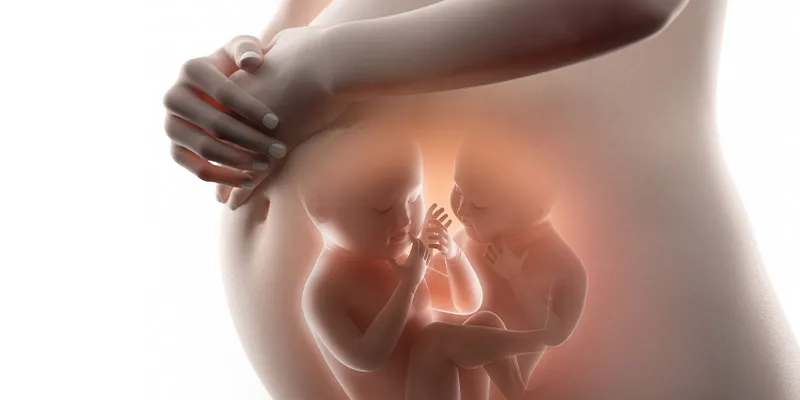IVF and Multiple Pregnancies: Risks, Considerations and Strategies
September 21, 2023
If you are considering IVF (In Vitro Fertilization) treatment to conceive, it's essential to understand the potential risks associated with multiple pregnancies. While the joy of having twins or triplets may be appealing to some couples, it is crucial to be aware of the medical and health-related challenges that come with them.
In this blog post, we will discuss the risks associated with multiple pregnancies during IVF treatments, important considerations for couples and strategies to minimise these risks.
Understanding the Risks
- Premature Birth: Multiple pregnancies increase the risk of premature birth. Preterm babies may face complications such as respiratory issues, developmental delays, and low birth weight.
- Gestational Diabetes: The chances of developing gestational diabetes are higher in women carrying multiple fetuses. This condition requires careful monitoring and treatment to prevent complications for both the mother and babies.
- High Blood Pressure: Multiple pregnancies can lead to an increased risk of high blood pressure (gestational hypertension). This condition requires close monitoring as it can potentially develop into preeclampsia, a serious pregnancy complication.
- Miscarriage or Loss: The risk of miscarriage or loss is higher in multiple pregnancies compared to single pregnancies. Coping with the emotional impact of such losses can be challenging for couples.
Important Considerations
- Individualised Treatment Plans: Consult with your fertility specialist to develop an individualised treatment plan that takes into account your specific circumstances. Your doctor will consider factors such as age, overall health, previous pregnancy history, and the quality of embryos during the embryo transfer.
- Elective Single Embryo Transfer (eSET): In certain cases, your doctor may recommend eSET, where only a single embryo is transferred, to reduce the chances of multiple pregnancies. eSET can help minimise the risks associated with multiple pregnancies while still improving the chances of a successful pregnancy.
- Genetic Testing: Preimplantation Genetic Testing (PGT) can be used during IVF treatment to identify healthy embryos for transfer. This helps reduce the risk of multiple pregnancies by selecting a single embryo with the highest chance of successful implantation.
Strategies to Minimise Risks
- Regular Prenatal Care: It is crucial to receive regular prenatal care throughout your pregnancy, especially in the case of multiple pregnancies. Regular check-ups allow healthcare providers to monitor your health and address any potential complications promptly.
- Healthy Lifestyle Choices: Adopting a healthy lifestyle before and during pregnancy can help minimise risks. Maintain a balanced diet, engage in regular physical activity as recommended by your doctor, avoid smoking and excessive alcohol consumption, and manage stress effectively.
- Emotional Support: Coping with the challenges of multiple pregnancies can be emotionally overwhelming for couples. Seek emotional support from friends, family, or professional counsellors who specialise in fertility issues.
- Communicate Openly: Establish open and honest communication with your healthcare team. Discuss any concerns or questions you may have regarding multiple pregnancies and follow their recommendations closely.
- Fertility Preservation Options: If you are concerned about the risks associated with multiple pregnancies, consider fertility preservation options such as freezing embryos or eggs for future use. This allows you to undergo single embryo transfers in subsequent IVF cycles without compromising your chances of successful pregnancy in the future.
No, IVF does not always result in multiple pregnancies. With advancements in assisted reproductive technology, doctors can now transfer a single embryo to minimise the chances of multiple pregnancies.
The risks include premature birth, gestational diabetes, high blood pressure, and an increased risk of miscarriage or loss.
Yes, you can discuss the option of elective single embryo transfer (eSET) with your fertility specialist. This minimises the risk of multiple pregnancies while preserving the chances of a successful pregnancy.